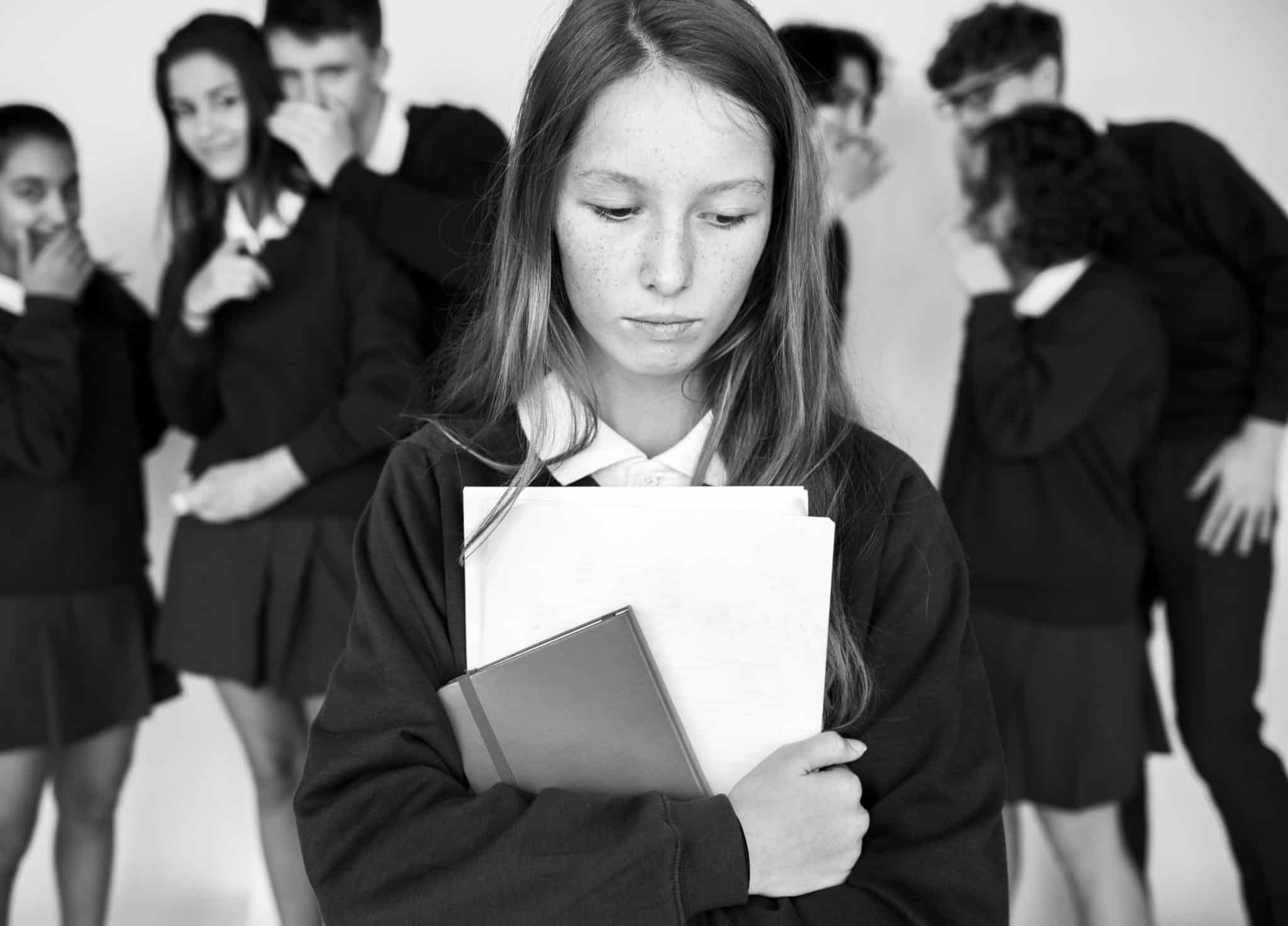This Anti-Bullying Week, which runs until November 18, former local teacher Leonora Langley tells the Times about children’s emotional well-being and her book, ‘Let The Souls of Our Children Sing’…
Leonora Langley, whose book ‘Let The Souls of Our Children Sing’ stresses the importance of nurturing emotional well-being in the young, believes that: “By encouraging our children to respect and value ‘difference’ in every individual, we are not just helping them to recognise tolerance of another person’s experience, but encouraging them to celebrate the richness and breadth of what it can bring to each of their lives as well as society.”
Here, she highlights widespread bullying in schools (as many as 29% of UK teenagers experienced it in 2021) and how we can address the issue, which is becoming endemic in society.
“Just as in society, bullying in school is often the result of prejudice and discriminatory behaviour or language that relates to perceived or actual differences, which can arise from a misguided and/or learned behaviour that some people are less valued and ‘deserve’ to be treated differently and with less respect.
“Targets of bullying are likely to be those with unequal social and economic outcomes, relating to disability, race and ethnicity, religion or belief, gender and sexual orientation, although popular and gifted children can also be bullied as figures of envy.
“Behaviours such as mocking speech, accents, belongings or clothing can be made by those who consider themselves to be in the dominant socio-economic group. Bullying has a huge effect on victims during their school life, sometimes leading to underachievement, truancy, running away from home, eating disorders, self-harming and even suicide. Described as behaviour by an individual or group that intentionally hurts another individual or group either physically, socially or psychologically, causing them to feel stressed, ashamed, alone, guilty, depressed, hopeless, rejected, unsafe, fearful and confused, bullying can have far-reaching long-term effects. The consequence of childhood bullying can persist for decades, even a lifetime, with greater risk of a young person developing depression than those who don’t experience it.
“Young bullies are often bullied themselves at home in an atmosphere of intimidation, violence and control, and not allowed to express their feelings and emotions.
“In recent years, there has been a huge increase in bullying as a result of social media, behind which bullies can operate in relative anonymity. Cyberbullying can be motivated by boredom, peer pressure, a belief that everyone is doing it, hunger for power, a longing to belong and fit in and an outlet for getting attention. Bullies often have low self-esteem and a strong desire to ‘big themselves up’, by making others feel small. They have a need to feel stronger and more powerful than they feel. Anonymous posting means they feel less likely to be caught and distanced from the victim. They invariably feel a sense of relief and vindication for what they are doing, with no conscience, guilt or remorse for the pain they are inflicting on others.
“As someone who believes that emotional well-being is a vital part of a child’s development and helps them lead a more fulfilled existence, I think it’s important that young people understand the dynamics of bullying and have specific, targeted lessons that encourage them to develop tolerance and respect for others. This will teach them how to respond and react to bullying from both the bully and victim perspective
“At the moment, a child’s emotional education is often restricted to resistance, reaction, avoidance and pretence. What’s needed is the nurturing of emotional experience to develop acceptance, reflection, engagement and authenticity in the young from an early age. We need to give children more opportunities to nurture self-awareness, self-esteem, self-acceptance, self-compassion and self-love as they work towards self-actualisation, as described by humanistic psychologists, Carl Rogers and Abraham Maslow. This will inevitably lead them to value others with greater empathy, compassion and mercy.
“We also need to instil in our children that promoting equality is about challenging inequality which means challenging language and behaviours that lead to people being treated less favourably or have poorer outcomes at school and beyond. A huge part of contemporary life is about teaching our children to fully embrace diversity, to include and involve people from a range of social, ethnic, religious, disability and sexual orientation backgrounds, so that equality and diversity are supported for their own sake.”








